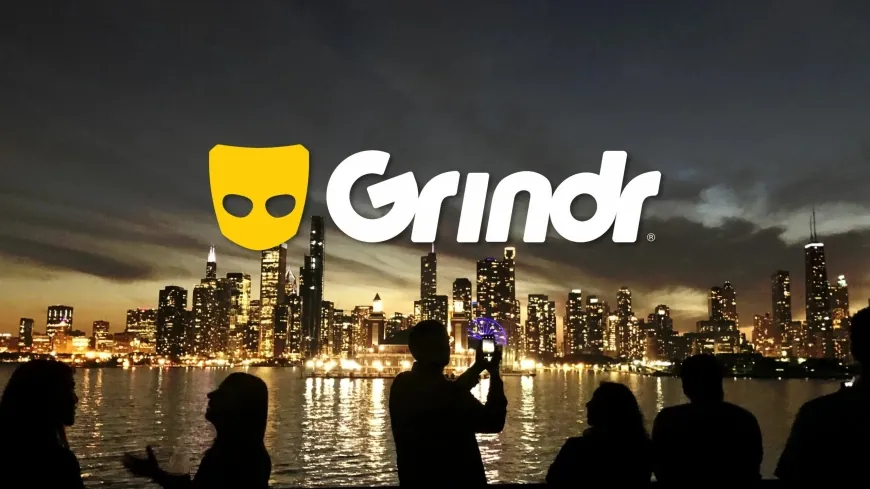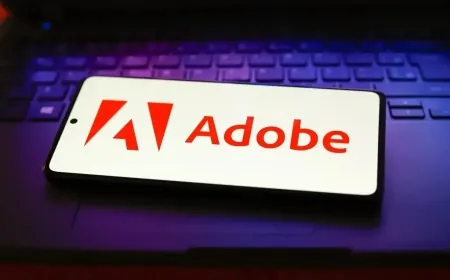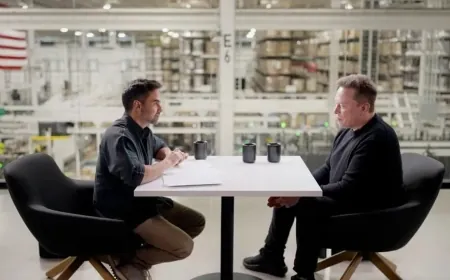Grindr Owners Plan $3B Buyout of LGBTQ+ Dating Platform
Grindr’s top shareholders explore a $3B take-private deal for the LGBTQ+ dating platform after its stock fell 26% in 2025.

Grindr’s controlling shareholders, Raymond Zage and James Lu, are discussing a full buyout of the company to take it private. The investors are exploring debt financing to acquire the remaining publicly held shares, with preliminary talks valuing the company at roughly $3 billion, or about $15 per share.
The company’s stock has declined around 26% in 2025, dropping well below its post-SPAC listing price. Shares rose more than 10% on Monday after news of the potential buyout circulated.
The discussions gained urgency after a lender sold a portion of Zage and Lu’s pledged shares last week, highlighting the financial exposure of the majority owners. If the transaction proceeds, the shareholders would regain full control, allowing them to manage Grindr’s operations outside the public markets.
Ownership Background
Grindr, founded in 2009, is one of the world’s largest LGBTQ+ dating and networking platforms. It became a publicly traded company in 2022 through a merger with a special purpose acquisition company (SPAC).
Before that, Grindr was sold by its former Chinese owner in 2020 to a U.S.-based investor group following a U.S. government review over data security concerns.
Why the Buyout Is on the Table
Grindr’s two main shareholders, Raymond Zage and James Lu, have seen the value of their combined stake fall sharply this year, leaving both exposed after using part of their holdings as loan collateral. Taking the company private would give them more control over those assets and prevent further forced sales.
As a public company, Grindr has struggled to attract new investors since its SPAC listing. Trading volumes are thin, and the stock price has drifted well below its debut level, limiting access to fresh capital. A buyout would remove the need to report quarterly results and allow management to cut costs or restructure without market reaction.
Privatization could also help the owners adjust Grindr’s business model, which depends heavily on paid subscriptions and in-app advertising, at a time when larger competitors dominate user growth. Operating outside public scrutiny would let them test new pricing and product strategies before deciding whether to relist in the future.
Where the Talks Stand
The buyout plan is still on the drawing board. Raymond Zage and James Lu are testing how much debt they can raise and from which lenders. People involved say no proposal has gone to Grindr’s board, and no timetable is set.
The owners are said to prefer private-credit financing rather than selling equity, which would reduce their control. That choice makes the cost of borrowing critical: rising interest rates have made large leveraged takeovers harder to justify.
If the deal proceeds, Grindr would be one of the first social-media firms to exit the public market since the 2021 SPAC boom. Analysts say the case will show whether niche digital platforms with steady user bases—but modest market caps—can attract serious buyout funding in today’s higher-rate environment.
Also Read: Swipe Right into the Future: AI-Powered Partners and Matchmakers Transform Online Dating































































